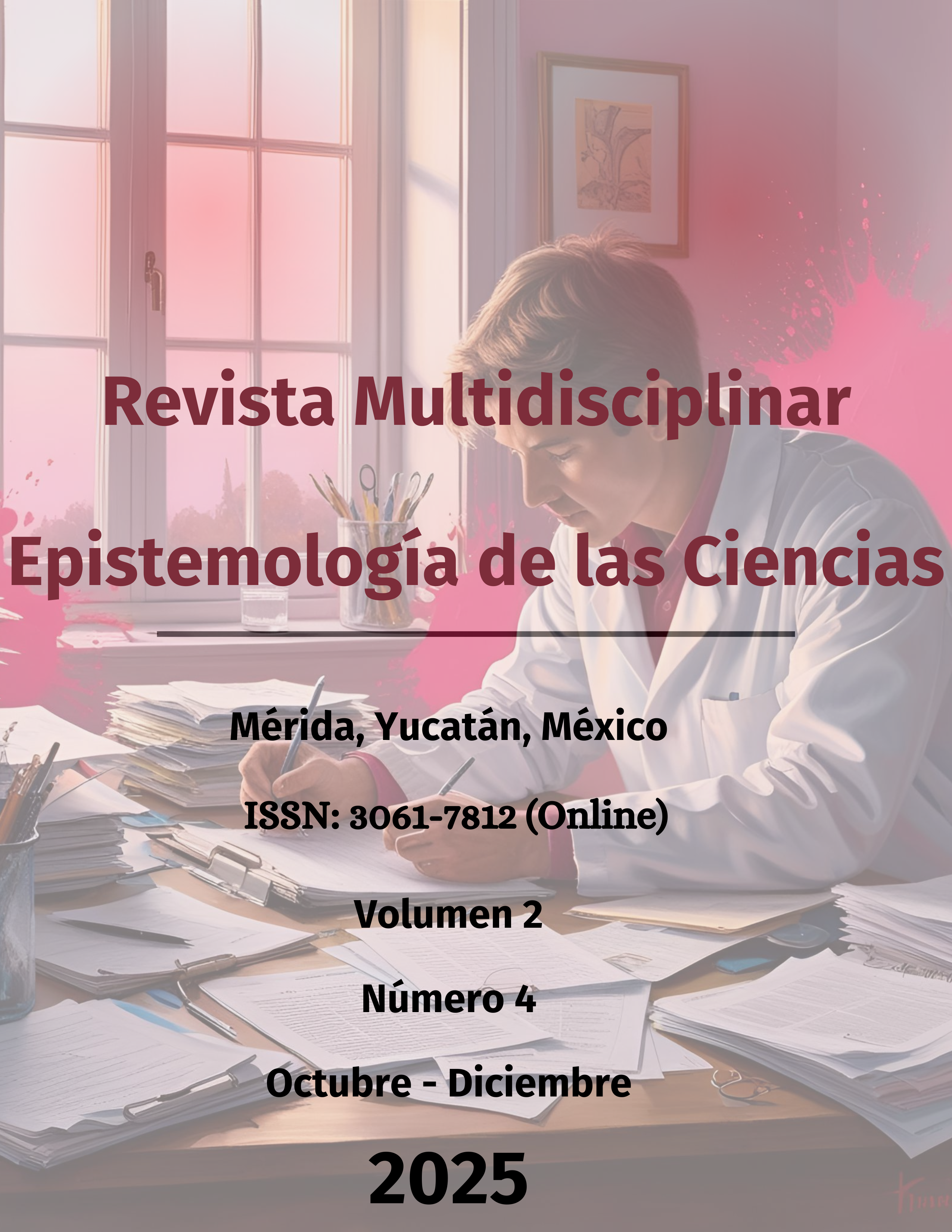Epistemology and pedagogy: the false dichotomies in the philosophy of education
DOI:
https://doi.org/10.71112/jgz2pn63Keywords:
dichotomies, philosophy of education, rhetoric, language, pedagogyAbstract
The article problematizes the false dichotomies that, since Greek antiquity, have determined which knowledge is legitimized for teaching, thereby restricting the curriculum. First, it examines the transition from mythos (μῦθος) to lógos (λóγος) as a criterion for truth. This distinction is problematic because the foundational arguments of philosophical texts, such as Plato's Republic, include myths, while literary tragedies (like those of Sophocles) demonstrate pedagogical potential and serve as instruments for scientific theories (Freud) or discussions in political philosophy (Butler). Subsequently, the text addresses the distinction between reason and affects. Through Nietzsche, it is argued that philosophical rationality is illusory, as all language is rhetoric, and truth is a "movement of metaphors." Finally, the article analyzes the fiction versus reality dichotomy, highlighting that utopian literature, according to Gramsci, possesses an implicit political value and offers tools for social transformation. The conclusion posits that these barriers are a consequence of the contemporary departmentalization of knowledge, with the rational and the affective being distinct expressions of the same phenomenon: language.
Downloads
References
Bloch, E. (1973). El futuro de la esperanza. Salamanca: Sígueme.
Bloch, E. (2004). El principio de esperanza. Madrid: Trotta.
Butler, J. (2001). El grito de Antígona. Barcelona: El Roure.
Carendell, J., & Skinner, B. (1973). Las utopías. Barcelona: Salvat Editores.
Claeys, G. (2011). Utopía: Historia de una idea. Madrid: Siruela.
Cuervós, L. (2000). El poder de la palabra: Nietzsche y la retórica. En F. Nietzsche, Escritos sobre retórica (pp. xx–xx). Madrid: Trotta.
Eco, U. (2011). Confesiones de un joven novelista. Buenos Aires: Lumen. DOI: https://doi.org/10.4159/harvard.9780674060876
Freud, S. (1992). Tres ensayos de teoría sexual. En Obras completas (Vol. VII). Buenos Aires: Amorrortu.
Gramsci, A. (1970). Introducción a la filosofía de la praxis. Barcelona: Península.
Guibourg, R. A. (2012). Posibilidad y utopía. Revista de Filosofía del Derecho, 1(1), 119–133.
Heidegger, M. (s. f.). Ser y tiempo (J. E. Rivera, Trad.). Madrid: Trotta.
Nietzsche, F. (1996). Sobre verdad y mentira en sentido extramoral. Madrid: Tecnos.
Nietzsche, F. (2000). Escritos sobre retórica. Madrid: Trotta.
Nietzsche, F. (2008). Fragmentos póstumos (Vol. IV). Madrid: Tecnos.
Platón. (2008). República. Madrid: Alianza Editorial.
Ricoeur, P. (1990). Freud: Una interpretación de la cultura. México: Siglo XXI.
Uhde, B. (2009). En el principio era el lógos – ¿o más bien el mythos? En torno al principio de re-presentación en el judaísmo y el cristianismo. Areté. Revista de Filosofía, 21(1), 111–121. http://www.scielo.org.pe/scielo.php?script=sci_arttext&pid=S1016-913X2009000100006 DOI: https://doi.org/10.18800/arete.200901.005
Vattimo, G. (1991). Ética de la interpretación. Barcelona: Paidós.
Downloads
Published
Issue
Section
License
Copyright (c) 2025 Multidisciplinary Journal Epistemology of the Sciences

This work is licensed under a Creative Commons Attribution 4.0 International License.











